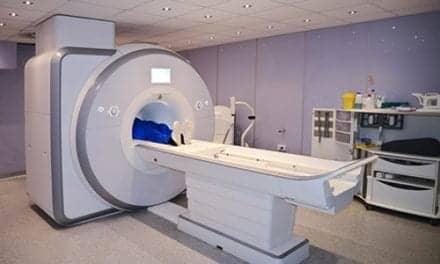The Cystic Fibrosis Foundation has awarded up to $3 million to Kinnear Pharmaceuticals to conduct preclinical testing of a broad-spectrum anti-infective that has the potential to treat multi-drug resistant Pseudomonas and other infections in people with cystic fibrosis. People with CF who have chronic infections are at greater risk for worsening lung disease, and infection remains a top concern of both patients and clinicians.
Kinnear is developing CSA-131, a synthetic compound that mimics natural compounds in the body that help fight bacterial and fungal infections. The novel drug candidate aims to inhibit the growth of bacteria and fungi, break down their biofilms, protective layers that bacteria and fungi form that make them more difficult to kill with anti-infectives, and ultimately kill these organisms.
“Expanding the number of approved anti-infective therapies is critical, as people with CF continue to experience chronic infections throughout their lives and we continue to see a rise in the prevalence of multi-drug resistant bacteria,” said JP Clancy, MD, vice president of clinical research at the Foundation. “This program joins nine other promising potential anti-infective treatments currently in the pipeline.”
The funding is for toxicity studies and experiments that will help determine proper dosing in preparation for eventual clinical trials. CSA-131, which would be inhaled, would be first used to treat Pseudomonas; however, preliminary lab data suggest potential effectiveness against other types of CF infections. More than 40% of people with CF carried Pseudomonas in 2019 and about 17% of individuals with Pseudomonas infections that year had multi-drug resistant strains, according to the Foundation’s 2019 Patient Registry Report.









